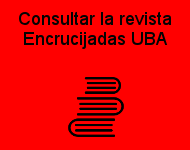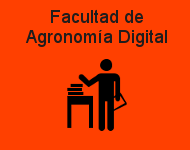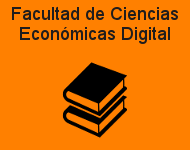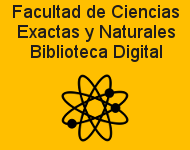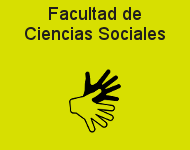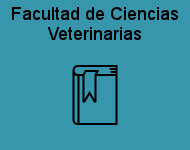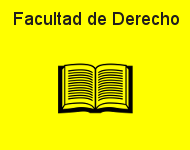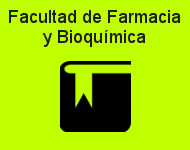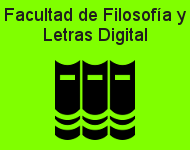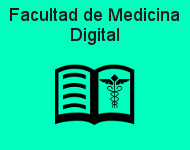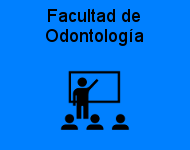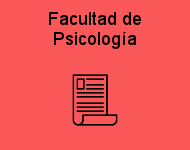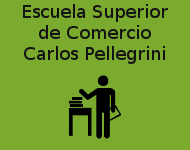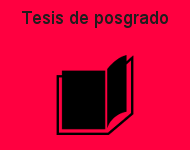5 documentos corresponden a la consulta.
Palabras contadas: moncada: 5, d: 217
Moncada, D. - Viola, H.
Learn. Mem. 2008;15(11):810-814
2008
Temas: protein inhibitor - protein kinase - protein kinase m zeta - unclassified drug - zeta interacting protein - enzyme inhibitor - peptide - protein kinase C - protein kinase M zeta, rat - animal experiment
Descripción: Spatial familiarization consists of a decrease in the exploratory activity over time after exposure to a place. Here, we show that a 30-min exposure to an open field led to a pronounced decrease in the exploratory behavior of rats, generating context familiarity. This behavioral output is associated with a selective decrease in hippocampal PKMζ levels. A short 5-min exposure did not induce spatial familiarity or a decrease in PKMζ, while inactivation of hippocampal PKMζ by the specific inhibitor ZIP was sufficient to induce spatial familiarity, suggesting that the decrease in PKMζ is involved in setting a given context as a familiar place. © 2008 Cold Spring Harbor Laboratory Press.
...ver más Tipo de documento: info:ar-repo/semantics/artículo
Moncada, D. - Viola, H.
J. Neurosci. 2007;27(28):7476-7481
2007
Temas: Behavioral tag - Hippocampus - Inhibitory avoidance - Long-term memory - Rats - Spatial novelty - 8 chloro 2,3,4,5 tetrahydro 3 methyl 5 phenyl 1h 3 benzazepin 7 ol hydrogen maleate - anisomycin - dopamine 1 receptor - dopamine 5 receptor
Descripción: A behavioral analog of the synaptic tagging and capture process, a key property of synaptic plasticity, has been predicted recently. Here, we demonstrate that weak inhibitory avoidance training, which induces short- but not long-term memory (LTM), can be consolidated into LTM by an exploration to a novel, but not a familiar, environment occurring close in time to the training session. This memorypromoting effect caused by novelty depends on activation of dopamine D1/D5 receptors and requires newly synthesized proteins in the dorsal hippocampus. Thus, our results indicate the existence of a behavioral tagging process in which the exploration to a novel environment provides the plasticity-related proteins to stabilize the inhibitory avoidance memory trace. Copyright © 2007 Society for Neuroscience.
...ver más Tipo de documento: info:ar-repo/semantics/artículo
Ballarini, F. - Moncada, D. - Martinez, M.C. - Alen, N. - Viola, H.
Proc. Natl. Acad. Sci. U. S. A. 2009;106(34):14599-14604
2009
Temas: Hippocampus - Insular cortex - Memory consolidation - Novelty - Protein synthesis - animal experiment - article - behavior - conditioned reflex - conditioning
Descripción: In daily life, memories are intertwined events. Little is known about the mechanisms involved in their interactions. Using two hippocampus-dependent (spatial object recognition and contextual fear conditioning) and one hippocampus-independent (conditioned taste aversion) learning tasks, we show that in rats subjected to weak training protocols that induce solely short term memory (STM), long term memory (LTM) is promoted and formed only if training sessions took place in contingence with a novel, but not familiar, experience occurring during a critical time window around training. This process requires newly synthesized proteins induced by novelty and reveals a general mechanism of LTM formation that begins with the setting of a "learning tag" established by a weak training. These findings represent the first comprehensive set of evidences indicating the existence of a behavioral tagging process that in analogy to the synaptic tagging and capture process, need the creation of a transient, protein synthesis-independent, and input specific tag.
...ver más Tipo de documento: info:ar-repo/semantics/artículo
Moncada, D. - Ballarini, F. - Martinez, M.C. - Frey, J.U. - Viola, H.
Proc. Natl. Acad. Sci. U. S. A. 2011;108(31):12931-12936
2011
Temas: CA1 - Dentate gyrus - Synaptic tagging - beta adrenergic receptor - calcium calmodulin dependent protein kinase II - dopamine 1 receptor - dopamine 5 receptor - n methyl dextro aspartic acid receptor - neurotransmitter - animal experiment
Descripción: Long-term memory (LTM) consolidation requires the synthesis of plasticity-related proteins (PRPs). In addition, we have shown recently that LTM formation also requires the setting of a "learning tag" able to capture those PRPs. Weak training, which results only in short-term memory, can set a tag to use PRPs derived from a temporal-spatial closely related event to promote LTM formation. Here, we studied the involvement of glutamatergic, dopaminergic, and noradrenergic inputs on the setting of an inhibitory avoidance (IA) learning tag and the synthesis of PRPs. Rats explored an open field (PRP donor) followed by weak (tag inducer) or strong (tag inducer plus PRP donor) IA training. Throughout pharmacological interventions around open-field and/or IA sessions, we found that hippocampal dopamine D1/D5- and β-adrenergic receptors are specifically required to induce PRP synthesis. Moreover, activation of the glutamatergic NMDA receptors is required for setting the learning tags, and this machinery further required α-Ca 2+/calmodulin-dependent protein kinase II and PKA but not ERK1/2 activity. Together, the present findings emphasize an essential role of the induction of PRPs and learning tags for LTM formation. The existence of only the PRP or the tag was insufficient for stabilization of the mnemonic trace.
...ver más Tipo de documento: info:ar-repo/semantics/artículo
Ballarini, F. - Martínez, M.C. - Díaz Perez, M. - Moncada, D. - Viola, H.
PLoS ONE 2013;8(6)
2013
Temas: article - child - controlled study - elementary student - experience - human - human experiment - long term memory - memory - memory consolidation
Descripción: Education is the most traditional means with formative effect on the human mind, learning and memory being its fundamental support. For this reason, it is essential to find different strategies to improve the studentś performance. Based on previous work, we hypothesized that a novel experience could exert an enhancing effect on learning and memory within the school environment. Here we show that novel experience improved the memory of literary or graphical activities when it is close to these learning sessions. We found memory improvements in groups of students who had experienced a novel science lesson 1 hour before or after the reading of a story, but not when these events were 4 hours apart. Such promoting effect on long-term memory (LTM) was also reproduced with another type of novelty (a music lesson) and also after another type of learning task (a visual memory). Interestingly, when the lesson was familiar, it failed to enhance the memory of the other task. Our results show that educationally relevant novel events experienced during normal school hours can improve LTM for tasks/activities learned during regular school lessons. This effect is restricted to a critical time window around learning and is particularly dependent on the novel nature of the associated experience. These findings provide a tool that could be easily transferred to the classroom by the incorporation of educationally novel events in the school schedule as an extrinsic adjuvant of other information acquired some time before or after it. This approach could be a helpful tool for the consolidation of certain types of topics that generally demand a great effort from the children. © 2013 Ballarini et al.
...ver más Tipo de documento: info:ar-repo/semantics/artículo


